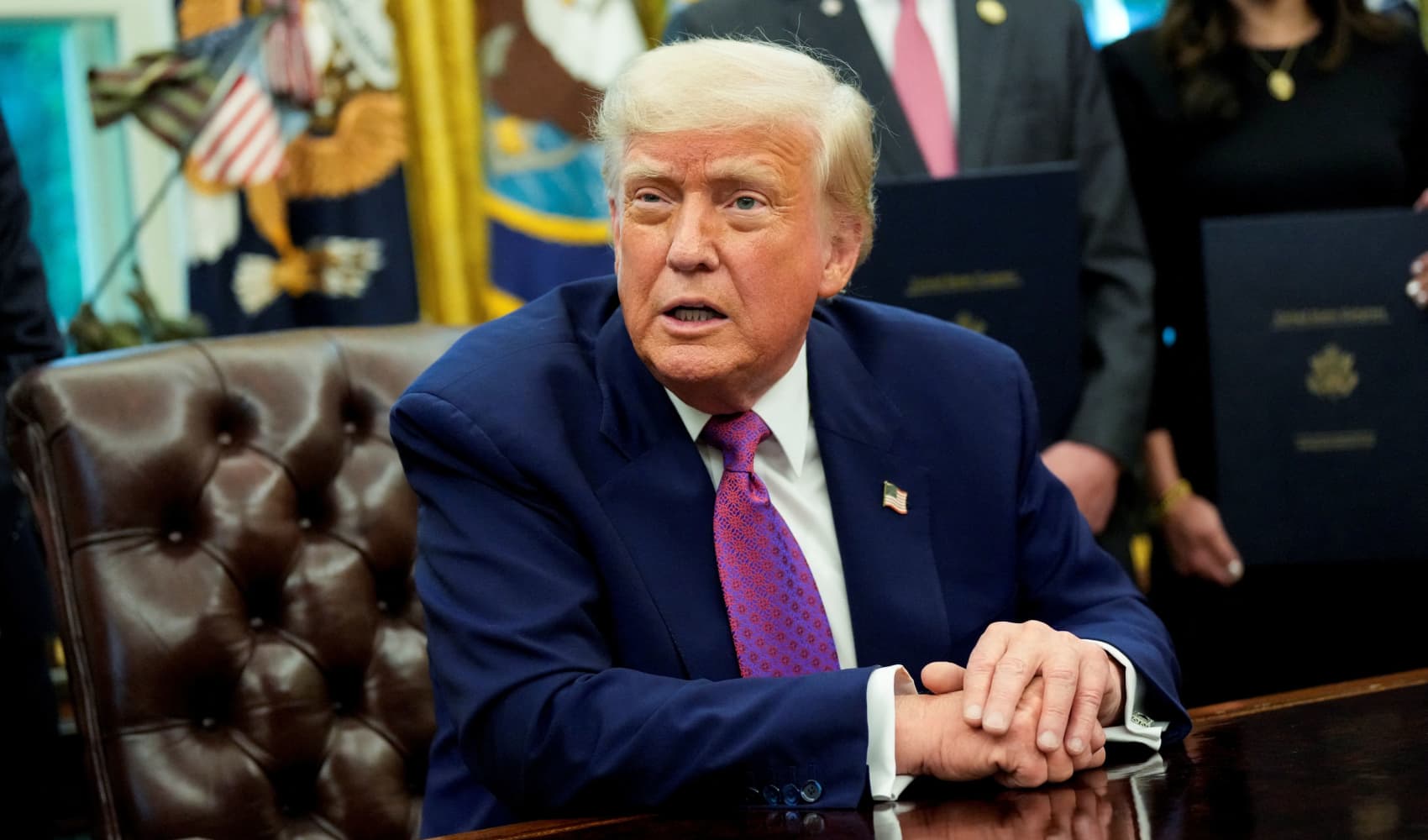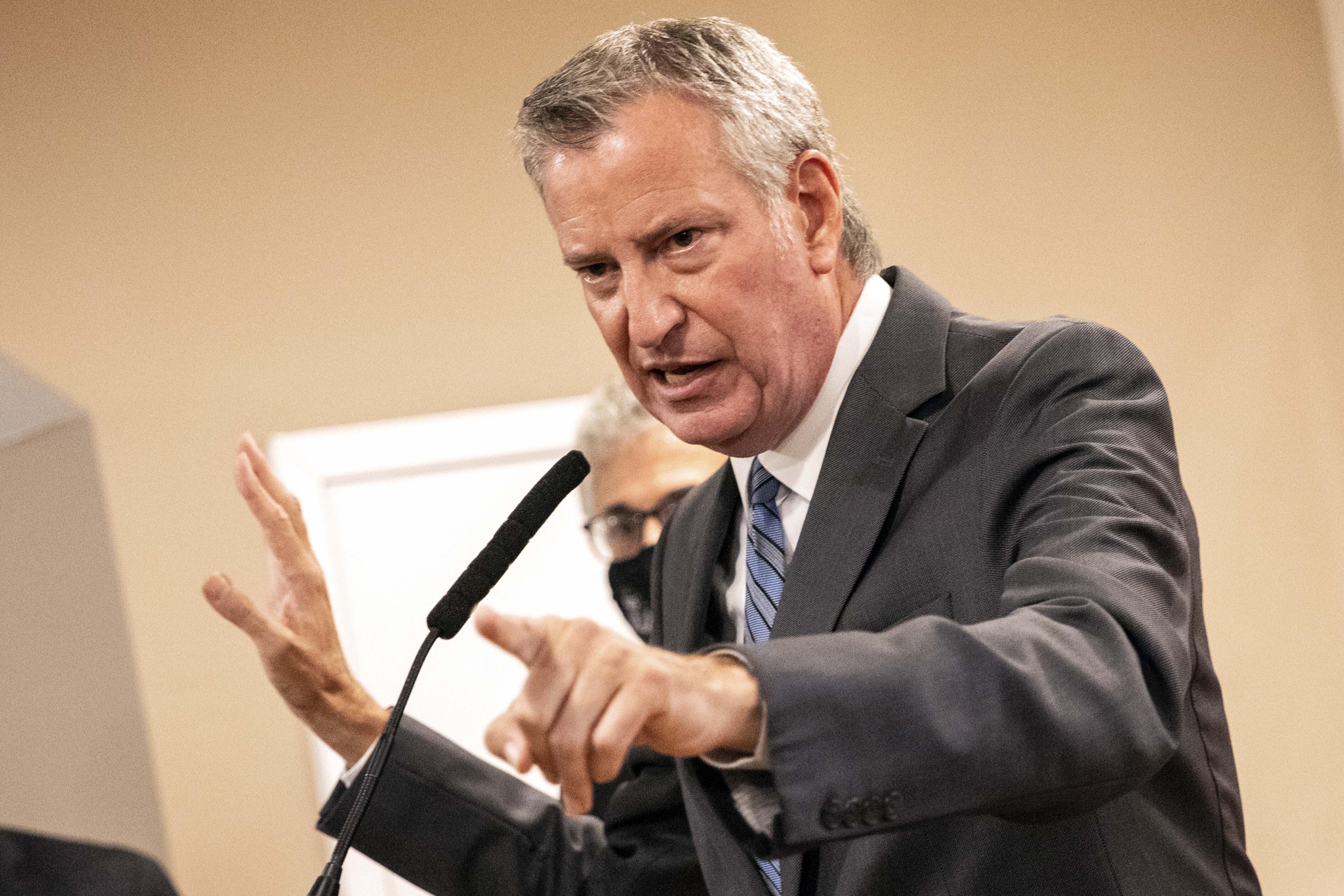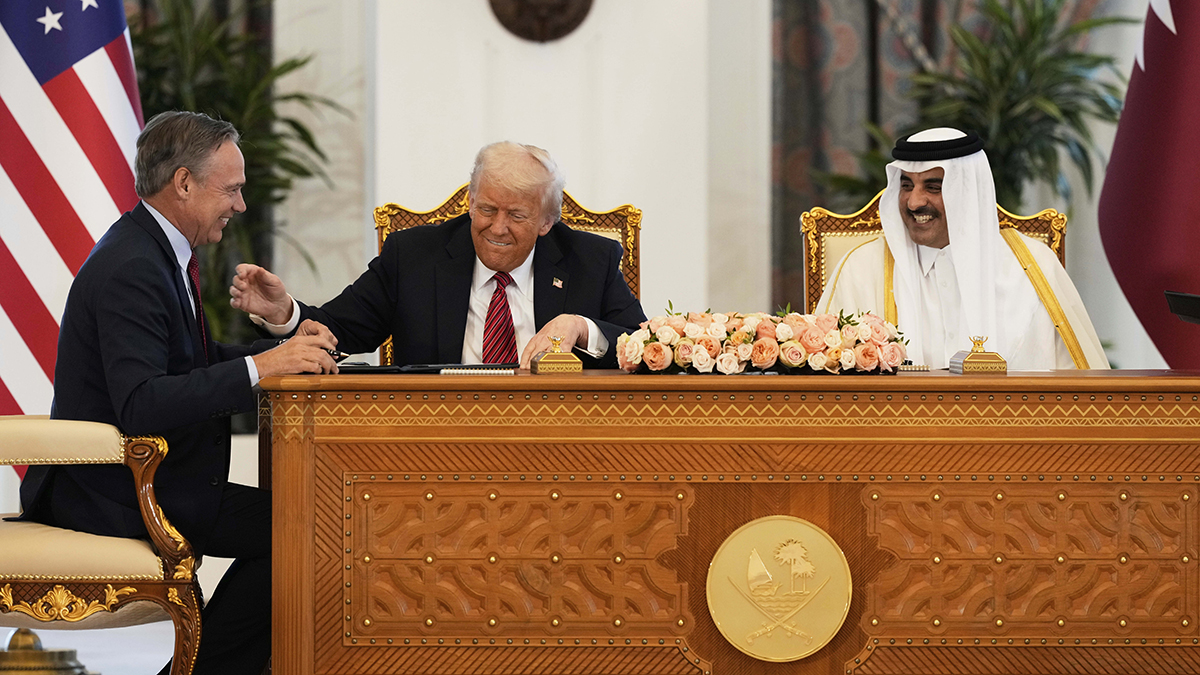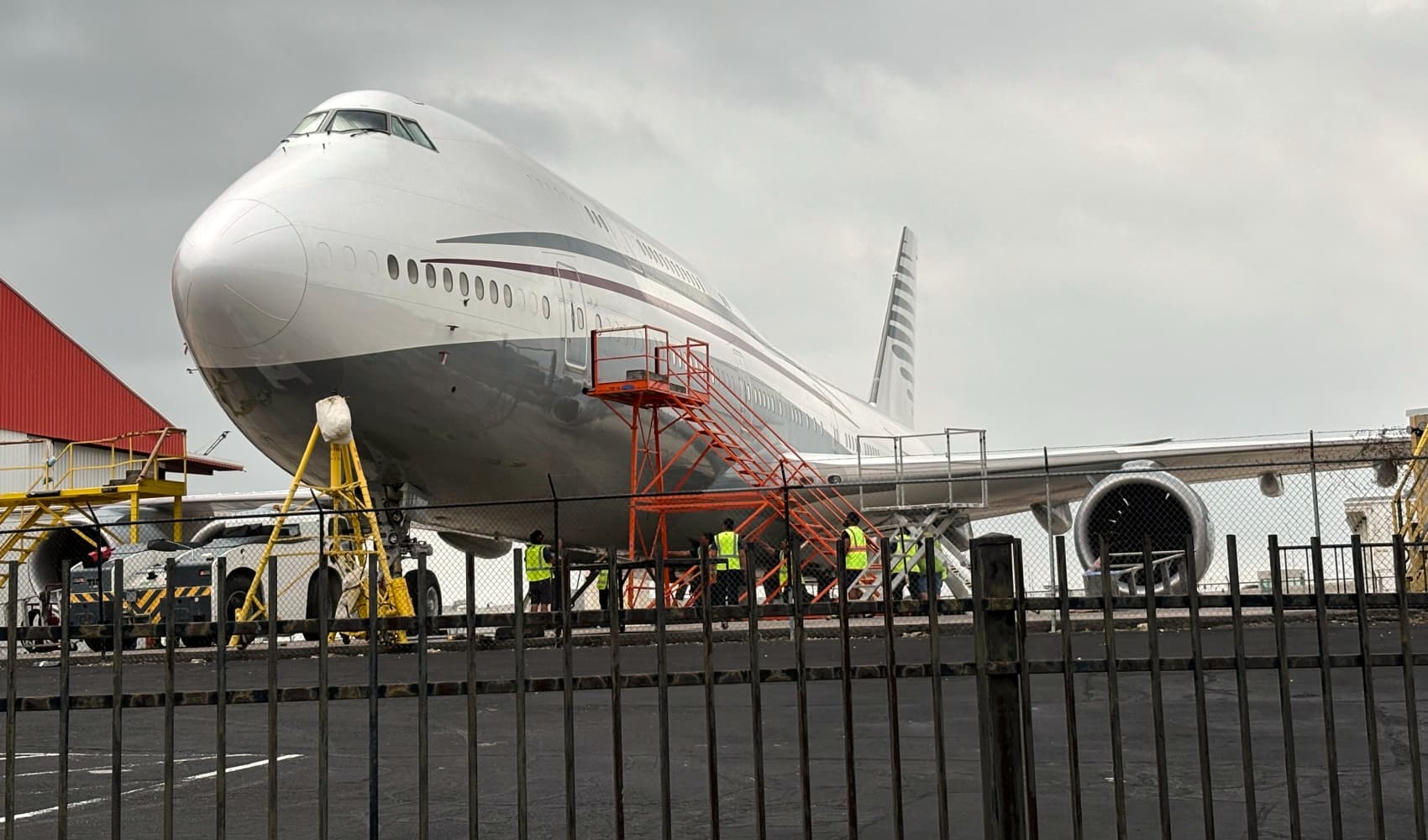Trump's Crypto Conflict: Profits Threaten Policy?
Trump's Crypto Gambit: Personal Profits vs. Policy Progress?
Introduction: A Clash of Interests in the Crypto Arena
The world of cryptocurrency is complex, volatile, and increasingly intertwined with politics. Now, imagine a scenario where a former president, known for his business acumen and unwavering pursuit of personal gain, enters the crypto arena. That's exactly what's happening with Donald Trump. But what happens when his personal crypto ventures clash with the broader needs of the crypto industry and the policies governing it? It’s like trying to mix oil and water, isn't it?
Trump's Crypto Entanglements: A Web of Concerns
Trump's involvement in various crypto projects has raised eyebrows across the political spectrum. From launching his own NFT collections to accepting Bitcoin donations, his actions have sparked debate and ignited ethical concerns. Some accuse him of using his influence for personal enrichment, potentially at the expense of sound crypto policy. Is this a case of serving the public interest or lining his own pockets?
Senate Concerns: Opposition Rooted in Conflict?
Several senators have openly cited Trump's crypto entanglements as a primary reason for their opposition to new crypto legislation. They argue that his personal stakes in the industry create a conflict of interest, making it difficult to trust his judgment or motives when it comes to shaping crypto regulations. It's like asking a fox to guard the henhouse – can you really expect impartiality?
The "End Crypto Corruption Act": A Direct Response
In response to these concerns, Senate Democrats have introduced the "End Crypto Corruption Act." This legislation takes direct aim at the potential for corruption by seeking to prohibit elected officials and senior executive branch personnel from issuing or endorsing digital assets. Think of it as a firewall, designed to prevent personal gain from influencing policy decisions.
Key Provisions of the Act
- Ban on Issuing Digital Assets: The Act would prohibit covered individuals from creating or launching their own cryptocurrencies or NFTs.
- Restriction on Endorsements: It would restrict these individuals from publicly endorsing specific digital assets.
- Transparency Requirements: The Act would likely include provisions for increased transparency regarding officials' crypto holdings.
Is Trump Derailing Crypto Policy Progress?
While the concerns about potential conflicts of interest are valid, some in the crypto industry argue that the intense focus on Trump's activities is hindering progress on broader crypto policy. They believe that the political drama surrounding Trump is overshadowing critical discussions about regulation, innovation, and consumer protection. Is the focus on Trump diverting attention from the real issues facing the crypto sector?
Balancing Ethics and Innovation
The challenge lies in striking a balance between ensuring ethical conduct and fostering innovation. Overly restrictive regulations, driven by concerns about individual actors, could stifle the growth of the crypto industry. On the other hand, a lack of regulation could leave consumers vulnerable to fraud and manipulation. It's a tightrope walk, isn't it?
The Impact on Crypto Legislation: A Stalled Landscape
The political polarization surrounding Trump's involvement in crypto has undoubtedly made it more difficult to pass comprehensive crypto legislation. The "End Crypto Corruption Act," while well-intentioned, could face resistance from Republicans who view it as an attack on Trump. The result could be a stalemate, leaving the crypto industry in a state of regulatory uncertainty.
The Need for Bipartisan Solutions
Ultimately, effective crypto regulation requires bipartisan cooperation. Lawmakers on both sides of the aisle need to put aside their political differences and work together to create a framework that protects consumers, promotes innovation, and prevents illicit activity. Is that even possible in today's political climate? It sometimes feels like wishful thinking.
The Future of Crypto Regulation: Navigating the Minefield
The future of crypto regulation in the US hinges on addressing the ethical concerns surrounding public officials' involvement in the industry, while also fostering a supportive environment for innovation. It's a complex equation with many variables. We need to find a way to keep the playing field level and fair for everyone involved.
The Role of Public Discourse
Open and honest public discourse is essential. We need to have a serious conversation about the risks and benefits of cryptocurrency, the potential for conflicts of interest, and the appropriate role of government regulation. Ignoring the issues won't make them disappear; in fact, they'll likely fester and grow.
Consumer Protection: A Paramount Concern
Protecting consumers from fraud and manipulation should be a top priority. Crypto scams are rampant, and many people have lost significant amounts of money investing in unregulated or poorly understood digital assets. Strong consumer protection measures are needed to ensure that people can participate in the crypto market with confidence.
Financial Literacy: Empowering Investors
In addition to regulation, financial literacy is crucial. Many people invest in crypto without fully understanding the risks involved. Education programs and resources can help people make informed decisions about their investments and avoid falling prey to scams. Knowledge is power, especially in the world of crypto.
Trump's Defense: "I'm Just Supporting Innovation!"
Trump and his supporters often defend his crypto activities by arguing that he is simply supporting innovation and embracing new technologies. They claim that he is helping to bring crypto to a wider audience and that his involvement is good for the industry. But is it really that simple? Or is there more to the story?
The Skeptic's Perspective: Self-Interest at Play?
Skeptics, on the other hand, argue that Trump's primary motivation is self-interest. They believe that he is using his platform to promote his own crypto ventures and profit from the hype surrounding digital assets. They point to his history of controversial business dealings and question his commitment to the public good. Only time will tell who is right.
Can Crypto and Politics Ever Truly Mix?
The intersection of cryptocurrency and politics is fraught with challenges. The decentralized nature of crypto clashes with the centralized control of government. The rapid pace of innovation in the crypto space makes it difficult for regulators to keep up. And the potential for corruption and conflicts of interest adds another layer of complexity. So, can these two worlds ever truly coexist harmoniously? It’s a question worth pondering.
The Future is Unwritten
The future of crypto regulation is far from certain. The political landscape is constantly shifting, and new technologies are emerging all the time. But one thing is clear: the decisions that are made in the coming years will have a profound impact on the future of the crypto industry and the global economy. We're at a crossroads, and the path we choose will shape the future of digital finance for generations to come.
Conclusion: A Fork in the Road for Crypto Policy
Ultimately, the debate surrounding Trump's crypto entanglements highlights the inherent tension between personal gain and public interest in the rapidly evolving world of cryptocurrency. The "End Crypto Corruption Act" represents one approach to addressing these concerns, but it's crucial to find a balanced solution that protects consumers, fosters innovation, and ensures ethical conduct from public officials. The decisions made today will shape the future of crypto regulation and its impact on the global economy. The key takeaways are clear: transparency, accountability, and a commitment to serving the public good must be at the forefront of any crypto policy decisions.
Frequently Asked Questions
Here are some frequently asked questions about Trump, cryptocurrency, and the "End Crypto Corruption Act":
- What is the "End Crypto Corruption Act"?
The "End Crypto Corruption Act" is proposed legislation aimed at preventing elected officials and senior executive branch personnel from issuing or endorsing digital assets, seeking to mitigate potential conflicts of interest. - Why are senators concerned about Trump's involvement in crypto?
Senators are concerned that Trump's personal financial stakes in the crypto industry could influence his judgment and decisions regarding crypto policy. - How could the focus on Trump's activities affect the broader crypto sector?
Some worry that the focus on Trump's activities could distract from important discussions about regulation, innovation, and consumer protection in the crypto industry. - What are the main goals of crypto regulation?
The main goals of crypto regulation are to protect consumers from fraud and manipulation, prevent illicit activity, and foster innovation in the digital asset space. - What can be done to ensure ethical conduct in the crypto industry?
Measures such as transparency requirements, restrictions on endorsements, and strong enforcement mechanisms can help ensure ethical conduct in the crypto industry.



